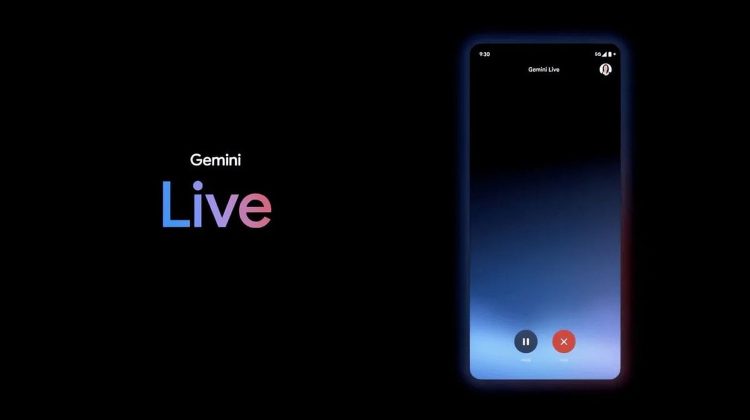Gemini Live is Google’s latest AI-powered feature that allows users to engage in voice-based conversations with an artificial intelligence system. Launched at the Made by Google event, this tool is designed to offer a seamless, interactive experience for users who want to interact with their devices through natural language. Sounds good? Let’s take a closer look.
What is Gemini Live?
Gemini Live is a voice-activated AI assistant that leverages Google’s latest large language model, known as Gemini. It is part of Google’s broader initiative to integrate advanced AI capabilities into everyday tasks, making interactions with technology more intuitive and accessible.
This feature allows users to have dynamic, ongoing conversations with the AI, similar to talking with a human. Unlike traditional voice assistants that often provide rigid, scripted responses, Gemini Live is designed to handle more fluid and free-flowing conversations. This means users can interrupt the AI mid-response, ask follow-up questions, or switch topics naturally, without needing to start over or rephrase commands.
What can you do with Gemini Live?
- Real-time interaction: Gemini Live allows users to interact with the AI in real-time, enabling natural, conversational exchanges. This is particularly useful for tasks that require back-and-forth dialogue, such as planning an event, finding information, or getting personalized recommendations.
- Hands-free operation: One of the standout features of Gemini Live is its ability to operate hands-free. Users can continue their conversations even when their phone is locked or running in the background, making it convenient for multitasking or when on the go. This mirrors the experience of a traditional phone call, where the conversation flows uninterrupted, even if the user isn’t actively holding or looking at their device.
- Interrupt and resume: A unique aspect of Gemini Live is the ability to interrupt the AI during its responses. Users can steer the conversation in different directions or delve deeper into specific topics without needing to wait for the AI to finish speaking. Additionally, if a conversation is paused, it can be easily resumed at a later time, picking up right where it left off.
- Integration with Google ecosystem: Gemini Live is deeply integrated with the Android operating system and other Google services. Users can activate the AI with a simple long press on the power button or by saying, “Hey Google.” This integration allows Gemini Live to interact with the content on the user’s screen, such as providing more information about a video being watched on YouTube or adding details from a travel vlog directly into Google Maps.
- Context-aware responses: Thanks to its advanced language model, Gemini Live can understand and provide context-aware responses. This means the AI can consider the current activity, recent interactions, and the specific content on the user’s device to offer more relevant and personalized assistance.

- New extensions and features: Google plans to introduce various extensions to enhance the functionality of Gemini Live, such as Keep for notes, Tasks for to-do lists, Utilities, and advanced features in YouTube Music. These extensions will allow users to perform tasks like retrieving recipes, compiling shopping lists, or creating music playlists, all within the Gemini interface.
How does Gemini Live compare to other voice assistants, including OpenAI’s Advanced Voice Mode?
Gemini Live is designed to compete directly with other AI-powered voice assistants, particularly OpenAI’s Advanced Voice Mode in ChatGPT. While OpenAI’s feature remains limited in alpha testing, Google has launched a fully developed version for the public.
One significant difference between Gemini Live and its competitors is Google’s focus on enhancing mobile AI interactions. By offering features like hands-free operation and the ability to interrupt and resume conversations, Gemini Live aims to provide a more flexible and user-friendly experience.
However, Google has also set certain limitations. For instance, Gemini Live does not allow the AI to sing or mimic voices beyond the ten predefined options, a precaution likely taken to avoid copyright issues after the OpenAI scandal.
Additionally, Google has opted not to prioritize emotional voice recognition, a feature that OpenAI highlighted in its demos. This choice suggests that Google focuses on different aspects of user interaction, perhaps valuing speed, accuracy, and utility over emotional nuance.
In conclusion, Gemini Live marks a significant step forward in voice-activated AI, offering a more natural and versatile way for users to interact with their devices. Its real-time interaction, hands-free operation, and deep integration with Google’s ecosystem make it a powerful tool for everyday tasks. While it does have some limitations, like the absence of emotional voice recognition, Gemini Live’s focus on practical, seamless communication sets it apart in the evolving landscape of AI assistants. As Google continues to refine and expand its capabilities, Gemini Live is poised to become an integral part of how we engage with technology.





